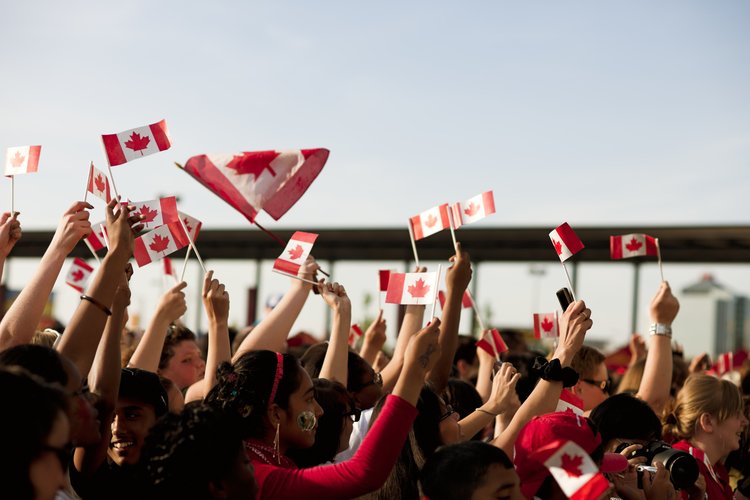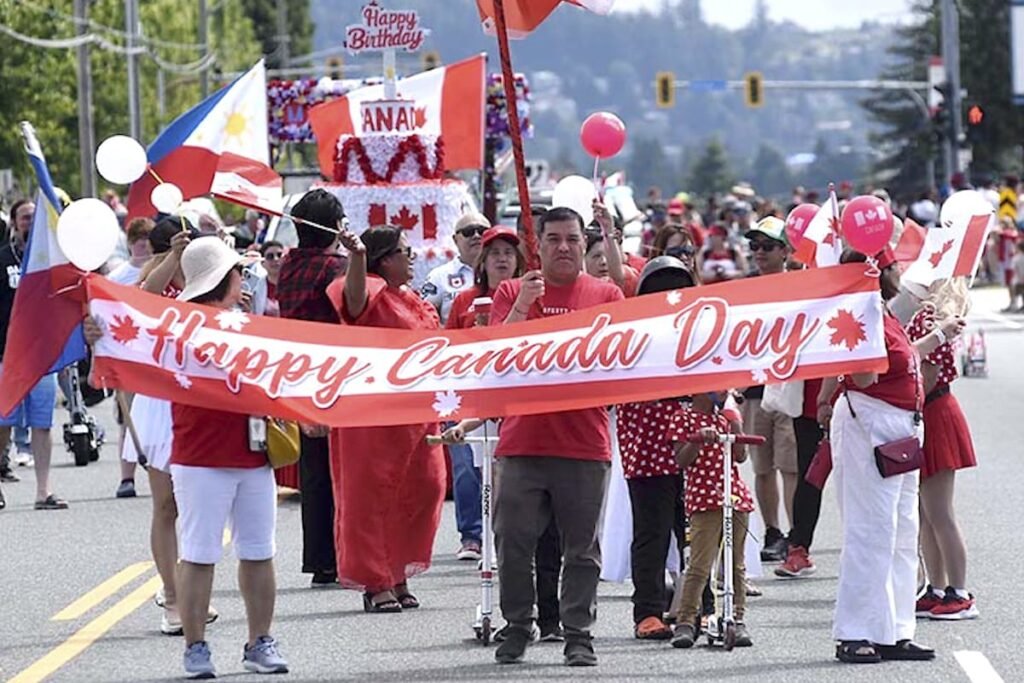Canadians gather annually on July 1 to celebrate a national holiday that marks the beginning of Canada’s path towards independence. July 1, 1867, is the date when the British North America Act, which is now known as the Constitution Act, came into effect, thus uniting the provinces of Nova Scotia, New Brunswick, and the Province of Canada, now split into Ontario and Quebec, as one dominion of the British Monarchy. This marked the beginning of Canada’s path towards complete independence and sovereignty.
From Dominion Day to Canada Day
Originally referred to as “Dominion Day,” the holiday was officially titled “Canada Day” in 1982, the year when Canada become legally independent from the United Kingdom through the Canada Act. July 1 has ever since been a day of national pride, a day of cultural show, and a day of celebration for the nation’s people.

The Political Significance of the Day
Besides its cultural meaning, Canada Day has political significance. It is a symbol of the evolution from colonial domination to an independent parliamentary state. National politicians, consisting of the Governor General and the Prime Minister, deliver speeches every year that focus on Canadian values, national identity, and futures. These moments are not only moments of patriotic reflection but also ways of articulating issues of concern and reaffirming a shared vision for the country.
Celebrations Across Canada and Beyond
Canada Day is celebrated on a grand scale by a large number of events that vary from parades, concerts, and cultural performances to fireworks. Large cities like Ottawa, Toronto, Vancouver, and Montreal organize major events that draw thousands of visitors, while small towns organize local events that foster community cohesion.

Canada Day is not just celebrated within the geographical boundaries of Canada. Canadian embassies, consulates, and expat communities worldwide celebrate the day. From a flag-raising event in London, a reception in Washington, or a cultural reception in Dubai, these events allow Canadians abroad to feel connected to their heritage. It is also a day to celebrate Canadian culture, Canadian values, and Canadian diplomacy abroad.
Masses of the population dress in the red and white colors distinctive to the Canadian flag, and it is customary to conduct public citizenship ceremonies today, thereby welcoming new Canadians into society.
Truth, Reconciliation, and a Changing Narrative
In later years, however, Canada Day has been celebrated more deeply and more richly. While the country continues to develop its dialogue of reconciliation and truth with Indigenous peoples, more and more Canadians have been reflecting on the history this holiday celebrates with greater sensitivity and critical consciousness.
For some Indigenous nations, July 1 is not a celebratory day but a day that is remembered to them with colonization, loss, and injustice.
The suffering history of residential schools, treaty betrayal, and land relocation continues to be deeply felt by Indigenous peoples. For others, Canada Day is a painful reminder of such injustices and not a day of celebration. Thus, some would rather wear orange shirts or attend solidarity events rather than participate in traditional celebrations, using the day to commemorate survivors and fight for justice.

As a result, more and more Canadians celebrate this day not merely to honor national achievements but also to acknowledge historical injustices and thus bring about discussions and move toward a more inclusive future. Land acknowledgments, Indigenous performances, and educational exhibits are increasingly a feature
Ahead with Hope and Purpose
Canada Day 2025 is a time for Canadians to unite, not just to celebrate, but to stand together in remembrance and shared purpose. It is a day to honor the diversity of the nation and a time to recommit to a shared set of values in equality, justice, and respect for each other.
It can be through engaging in community events, learning about Indigenous culture, or even simply taking time to remember the value of Canadian identity, that this day calls on citizens to look back in recognition and look forward in hope. With the country developing, so does the meaning of Canada Day.
It is still a powerful symbol, not just of Canada’s nation-building but also of the country’s ongoing quest for truth, harmony, and reconciliation. In the future, the significance of Canada Day is not only to be a celebration of identity but also a moment of education, empathy, and action.
A passionate International Relations student with a strong interest in diplomacy, policy, and global affairs. Dedicated to contributing thoughtful analysis and research on international issues.






